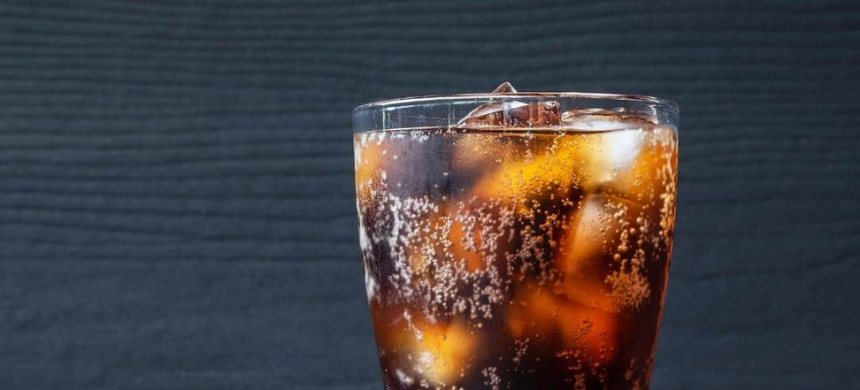The Hidden Risks of Diet Soda: What You Need to Know
Diet soda has long been marketed as a healthier alternative to sugary beverages, promising the same refreshing taste without the added calories. However, recent studies reveal that this seemingly guilt-free option may come with unexpected health risks, particularly when consumed in excess.
Read More: Understanding E-Cigarettes: Trends, Information, and Side Effects
Side Effects of Diet Soda
- Gut Health Disruption
Artificial sweeteners such as aspartame can negatively affect the gut microbiome, which plays a crucial role in immune function and digestion. Disruptions in gut health may lead to digestive issues and potential long-term consequences for overall health. - Tooth Enamel Erosion
While diet sodas are sugar-free, their acidic nature can still wear down tooth enamel over time, increasing the risk of dental erosion and cavities. - Headaches
Some individuals may experience headaches or migraines due to ingredients like aspartame and caffeine found in diet sodas. These triggers can lead to discomfort, especially in sensitive individuals. - Bone Density Loss
Excessive consumption of diet soda, especially those containing caffeine and phosphoric acid, has been linked to weaker bones. Long-term use may contribute to bone density loss and a higher risk of fractures. - Cardiovascular Risks
Emerging research suggests a connection between artificial sweeteners and metabolic syndrome, which can increase the likelihood of developing heart disease and type 2 diabetes. - Sugar Cravings
Although diet soda contains no sugar, the artificial sweeteners may still heighten cravings for sweet foods, potentially leading to overeating and unhealthy food choices. - Weight Fluctuations
The impact of diet soda on weight remains debated. While some studies indicate a potential for weight gain, others suggest that it may help reduce hunger when replacing sugary drinks. - Type 2 Diabetes
Diet soda’s calorie-free label does not guarantee safety. Some research links diet soda consumption with insulin resistance, a precursor to type 2 diabetes, though the evidence remains mixed.
Tips to Cut Back on Diet Soda
Reducing diet soda intake doesn’t have to be drastic. Consider gradually replacing it with healthier alternatives such as flavored water, herbal teas, or sparkling seltzers. Adding fresh fruits, cucumber slices, or herbs like mint to water can infuse it with natural flavor without the need for artificial sweeteners.
Moderation is Key
While diet soda may seem like a harmless choice, moderation is essential. With emerging research highlighting potential risks, it’s worth exploring healthier, more balanced options to maintain good health. The shift to better alternatives could lead to long-term benefits for both your physical well-being and overall lifestyle.











